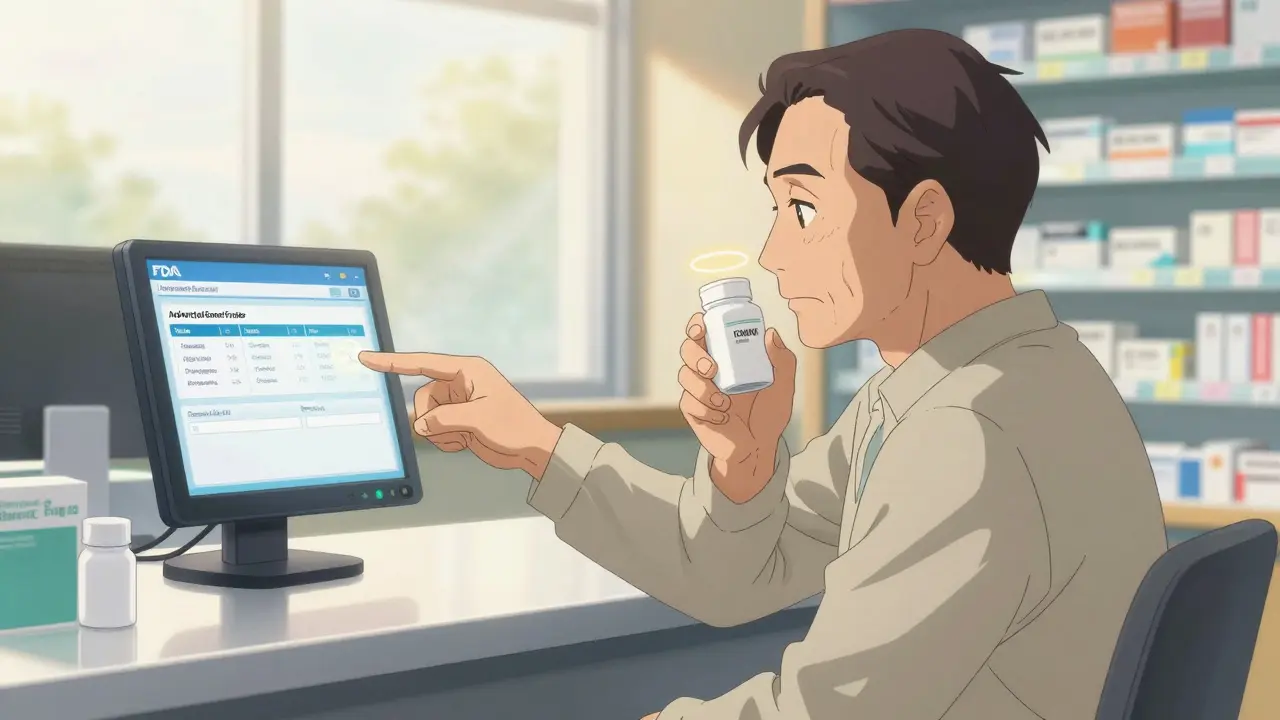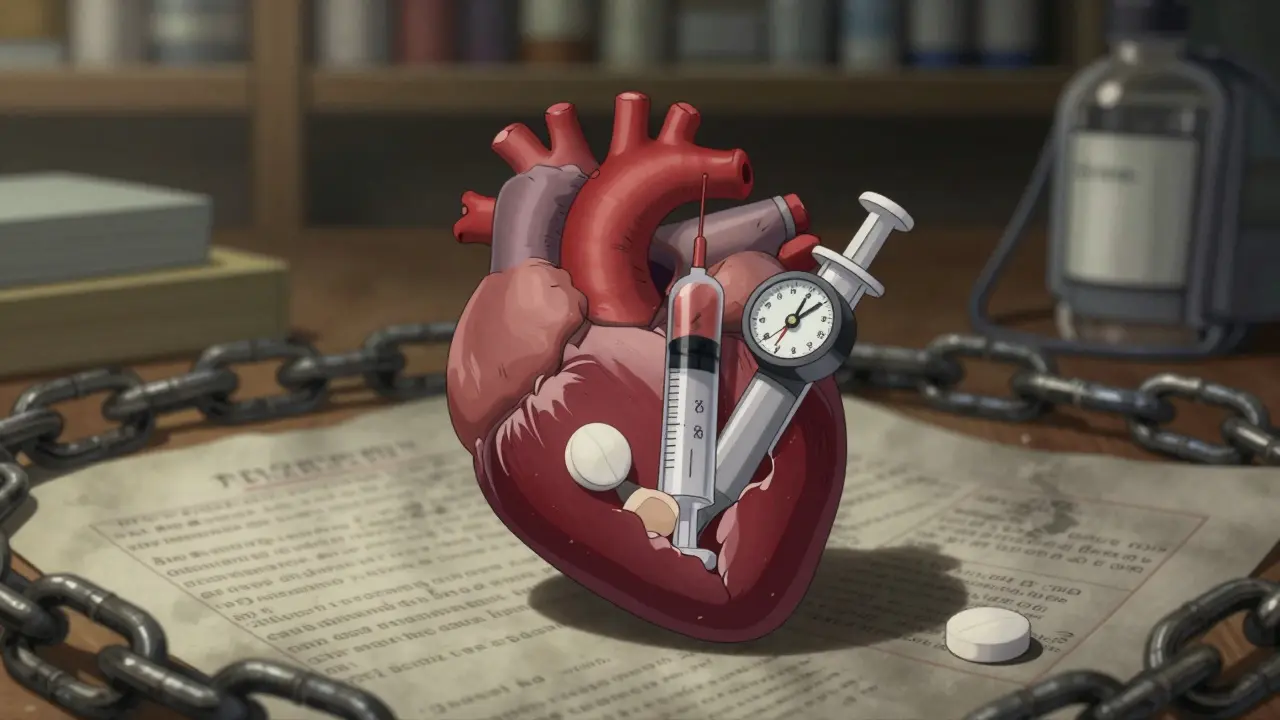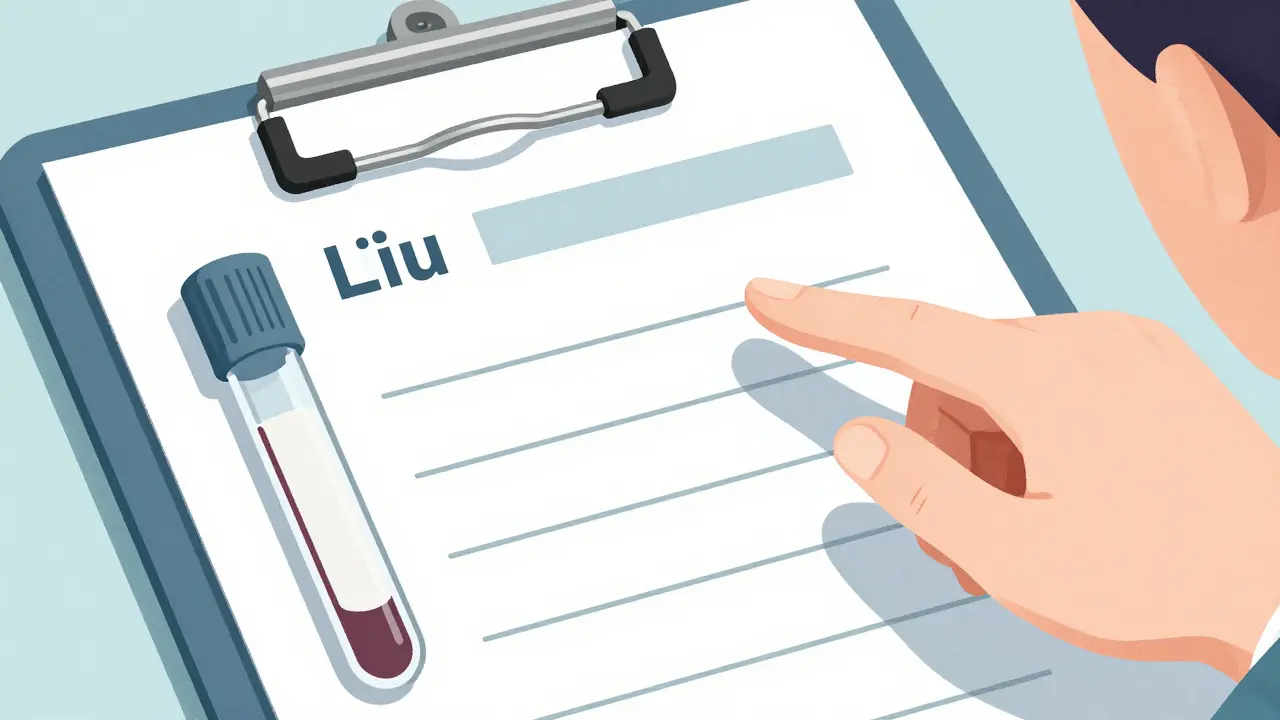Itchy Skin Relief: Easy Steps to Stop the Scratch
If you’re constantly reaching for the back of your hand, you need fast relief that actually works. Itchy skin can come from dry patches, allergic reactions, bug bites, or simple irritation. Below you’ll find practical tips you can try right now, plus a quick guide on when a doctor’s visit is the right move.
Home and Kitchen Hacks That Work
Most people find instant comfort with items already in the pantry. A cool, damp cloth pressed onto the spot for a few minutes reduces nerve signals and calms inflammation. For dry skin, a thick moisturizer with ceramides or petroleum jelly after the cool compress locks in moisture and stops the itch cycle.
Oatmeal isn’t just for breakfast. A colloidal oatmeal bath – just add a cup of finely ground oats to warm water – soothes large areas like arms or legs. If you’re dealing with a bug bite, a dab of diluted apple cider vinegar (one part vinegar to two parts water) can neutralize the sting and cut the itch.
Over‑the‑Counter Options and When to Use Them
When home tricks aren’t enough, reach for an OTC product. Antihistamine creams or lotions (like diphenhydramine) are great for allergic rashes, while a 1% hydrocortisone cream tackles inflammation from mild eczema or poison‑ivy contact. Follow the label: usually no more than three days of continuous use to avoid skin thinning.
If the itch is widespread or comes with a rash, an oral antihistamine such as cetirizine can help from the inside out. Take it with food, and you’ll notice less scratching within a few hours. Remember, these meds can make you drowsy, so plan to rest when you take them.
For persistent itch that won’t quit after a week, it’s time to look deeper. Conditions like psoriasis, fungal infections, or a reaction to a medication need professional care. Even a simple skin infection from an insect bite—something we cover in detail on our site—can turn into cellulitis if left untreated.
Key signs you should book an appointment:
- Redness spreading beyond the original spot.
- Pain, swelling, or warmth around the itchy area.
- Blisters, pus, or a fever.
- Itch that lasts more than two weeks despite home treatment.
Seeing a dermatologist or your GP ensures you get the right prescription, whether it’s a stronger steroid cream or a targeted antifungal.
Finally, keep your skin barrier healthy. Short, lukewarm showers, a fragrance‑free cleanser, and daily moisturising prevent dryness that fuels itching. Wear breathable fabrics like cotton, and avoid rough materials that can rub and inflame.
With these quick fixes and clear signals for medical help, you can ditch the scratch and get back to comfortable, itch‑free days.

Dead Sea Salt Baths: Natural Relief for Itchy Skin
Discover how mineral‑rich Dead Sea salt baths soothe itchy skin, ease eczema and psoriasis, and offer a simple, natural therapy you can try at home.




